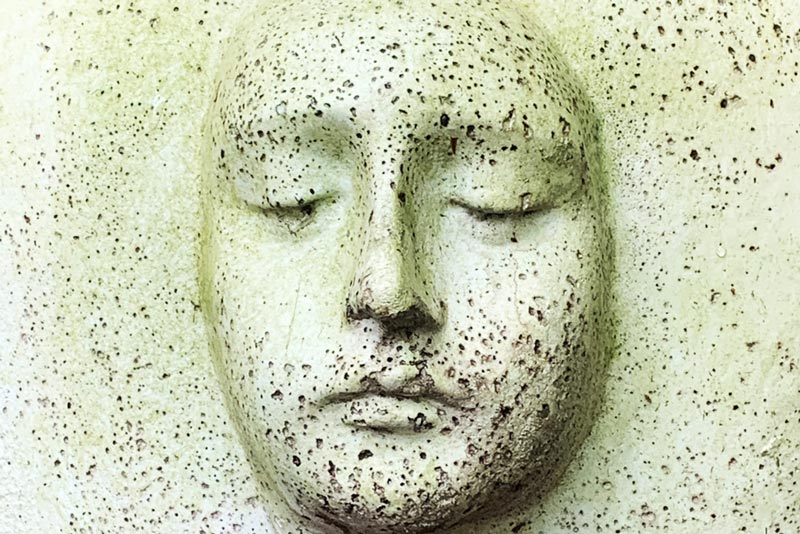
Tom and Jack who shared the same trench and witnessed the horrors of war together do not come home equally traumatised.
Tom comes back home and suffers from posttraumatic stress disorder whereas Jack comes back home using that experience to write a book about setting operational strategies for entrepreneurs.
Do you wonder why that is?
There has been numerous research on this question. So what makes the difference between those two solidiers?
The verdict is that it’s the history of childhood trauma.
The ACE test is a questionnaire that tallies up the adverse events that happened in childhood. Since its inception, these simple 10 questions have been studied extensively and have been proven to accurately predict how well we function as adults. Take the ACE test yourself.
As with any patterning, ACE is not a perfect predictor. Its main limitation is that it does not take into account any positive events which can provide us with resilience. However, what is important for us to take away here is that childhood experiences have a considerable influence on our ability to deal with other adverse events that we will inevitably experience in our lives.
The famous book on trauma “Body keeps the score” by Bessel van der Kolk M.D. tells a compelling story of how the body remembers our difficult memories but it tells only half of the story.
When a difficult event happens, our body has many ways of protecting the body from its effects.
The channel network (or meridians) of our body has comprehensive and extensive methods of keeping the pathogenic factors away from our vital organs. Emotional hurt is considered a pathogenic factor in Chinese medicine, with its nature being Cold. Crying, where we excrete thin fluids from the eyes to prevent emotional hurt from penetrating into our body, is one of those methods.
Let’s picture a 3 year old girl.
She is holding her favorite chocolate ice cream on a cone.
In the midst of her second lick, her eager tongue topples her ice-cream!
Oh, no.
A healthy response would be for her to start crying.
Crying as a child is one of the only ways for us to signal to the world that we are in distress.
She is also signalling that she needs help.
Her tears are expelling the emotional hurt of a child who has lost her ice cream.
But imagine if she didn’t cry.
What would that mean?
Perhaps, she learned not to cry because she is afraid that she will be shamed for crying; she will be punished for crying; she will get smacked for crying. Perhaps, she has learned to be a “good girl” as her mummy cannot tolerate noise because of her chronic migraines.
Like this, the emotional hurt of losing the ice cream sinks into her body.
Her body will keep that score.
Losing that ice cream is not trauma. For that little girl to have learned not to cry, something must have happened. We can assume that she was punished for crying, she was shamed for crying, or she was rewarded for not crying when she had experienced distress. She has already learned that it is not safe to express her distress or that there is no space for her distress.
The trauma response is her body skipping the process of tearing, not the dropping of the ice cream.
For Tom who is suffering from PTSD, he would struggle alone for a long time before asking for help. It is typical of a PTSD sufferer to have narratives such as “I should just get over it.”, “I am weak to be so affected by it.”, “I am so broken”.
He believes that his sufferings don’t matter.
He believes that he should not make a fuss.
Because his body is keeping the score as it learned in his childhood.
Don’t cry. There’s no space for your tears.
Trauma is not what happens to you, it’s what happens inside you as a result of what happened to you. – Dr. Gabor Mate
If your mind that says “no one cares.”, it is the learned response from your earlier trauma.
Your suffering matters.
Your challenges matter.
Your needs matter.
Reach out and ask for help; you are worthy.
